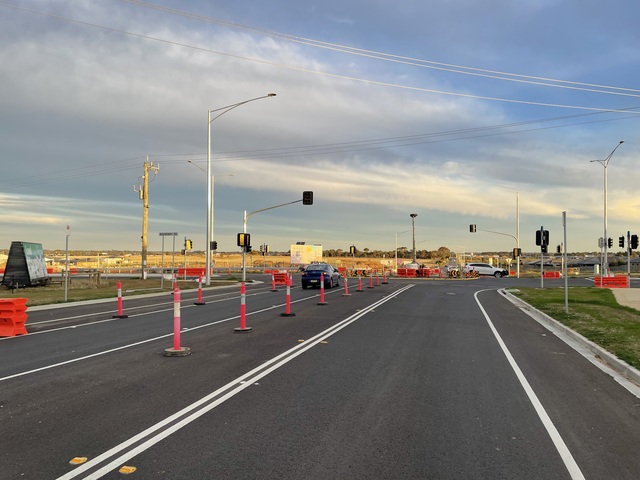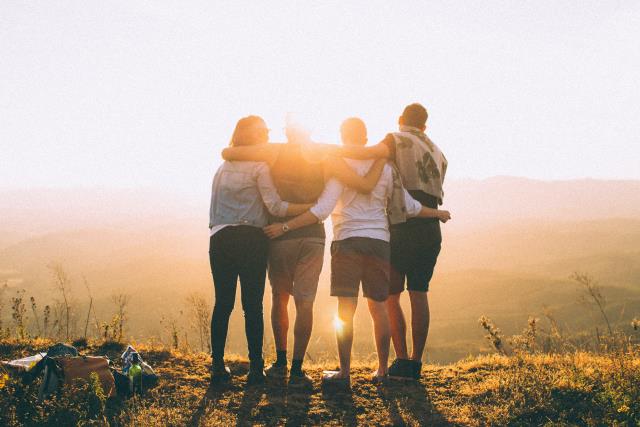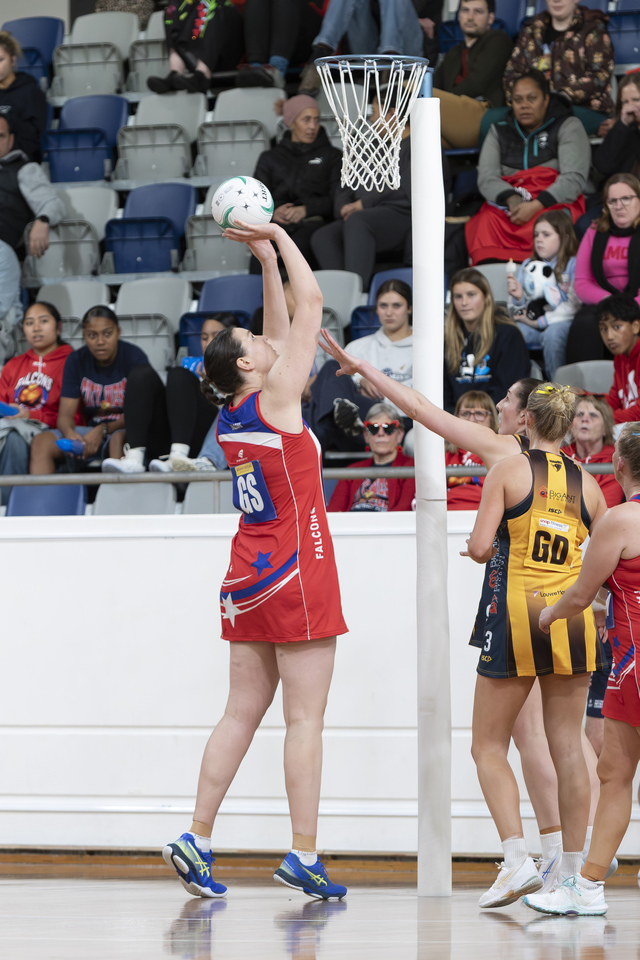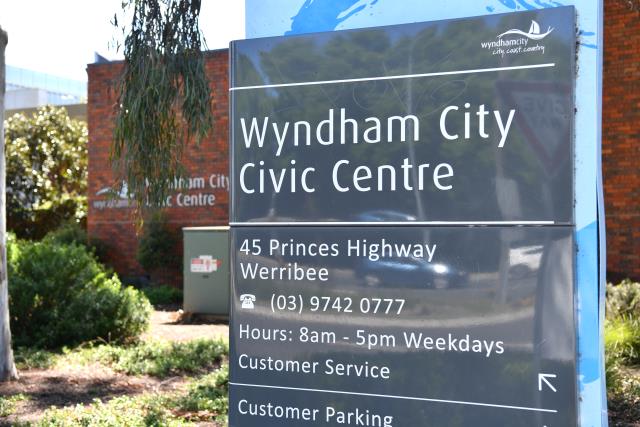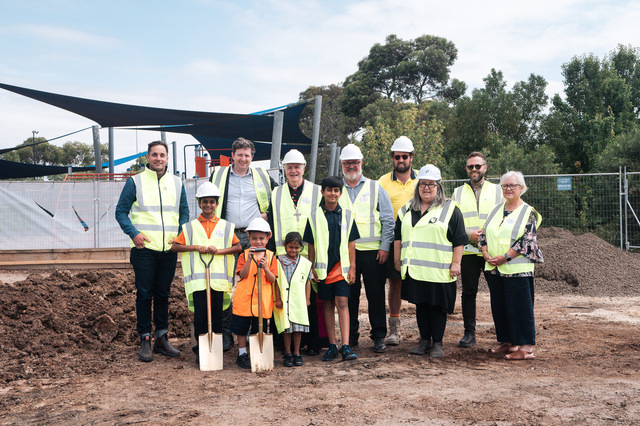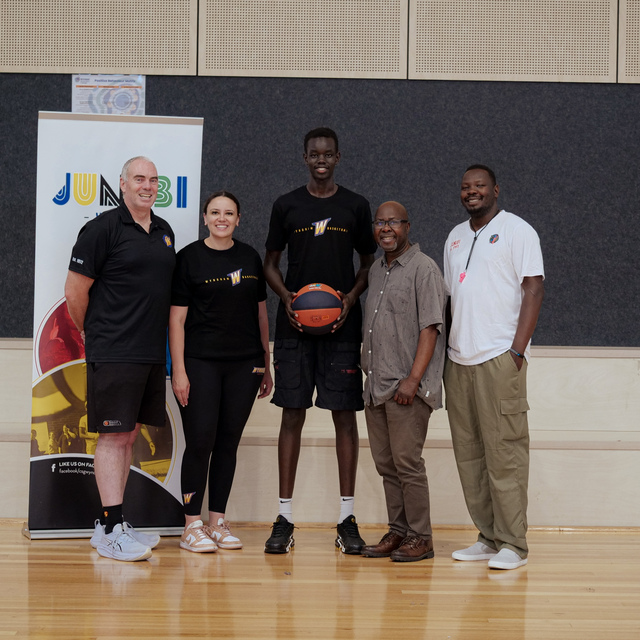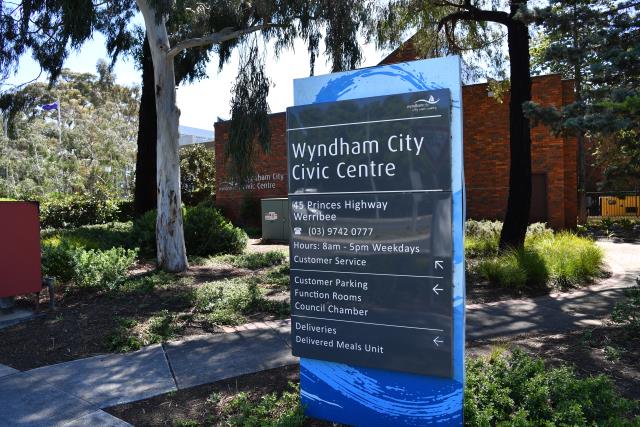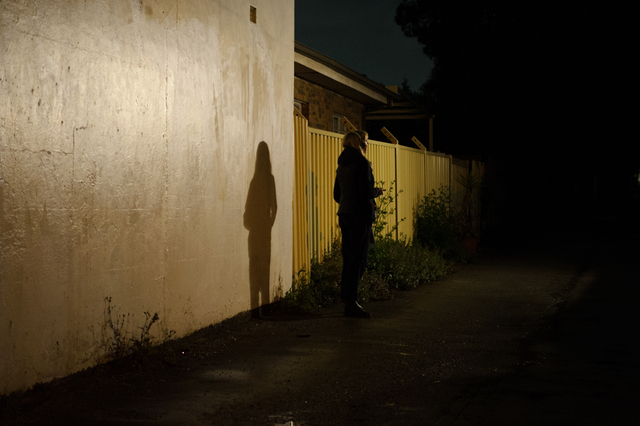A refuge is being built in Werribee to help young people experiencing homelessness.
Construction of Melbourne City Mission’s (MCM) Youth Accommodation Support Service in Wyndham Street is expected to be completed by the end of the year.
MCM chief executive Vicki Sutton said the organisation was relocating its “very dilapidated” youth accommodation service in the Maribyrnong municipality to Werribee.
The new centre will provide accommodation and support for up to 10 young people aged between 15 and 25, along with counselling, health and legal services, education and pet, music and art therapy.
The centre will have two family rooms, for homeless young adults who have children.
The state government has contributed $3.35 million towards the new centre, with the rest of the project’s funding coming from philanthropy, a bequest from the late Trevor Bradley and money raised through MCM’s annual fundraising event, Sleep at the ‘G.
More than $465,000 in services have been donated free-of-charge to the project, by members of The Property Industry Foundation.
Ms Sutton said that traditionally, programs for homeless youth were based in the city and inner suburbs, but the need for assistance had grown in Wyndham as its population boomed.
“This refuge will give young people from the west the opportunity to remain connected with their community during this distressing time while being able to access MCM’s programs, including housing support and therapeutic and mental health programs,” she said.
During 2016, on the Australian Bureau of Statistics’ census night, 730 people were identified as homeless in Wyndham – of those, 384 were aged between 12 and 24 years old.
Werribee MP Tim Pallas attended last week’s official sod-turning of the Youth Accommodation Support Service.
“Today marks a significant chapter in our efforts to end homelessness in Melbourne’s west,” he said.
A young person who has experienced homelessness, Tameika, 22, also spoke at the event.
She said that if youths experiencing homelessness remained connected to their local areas – such as school and friends – this could have a positive affect on their mental health.
“That is a massive thing that can help a lot of people in trauma,” she said.
Refuge for homeless youth
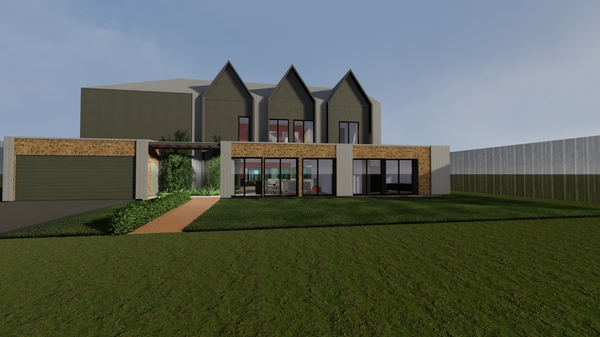
Digital Editions
-

AI imaginary friends no substitute for human connection
Loneliness and social isolation are now recognised as major public health threats, imploring governments to explore technological solutions. Research from Monash University argues new AI…





